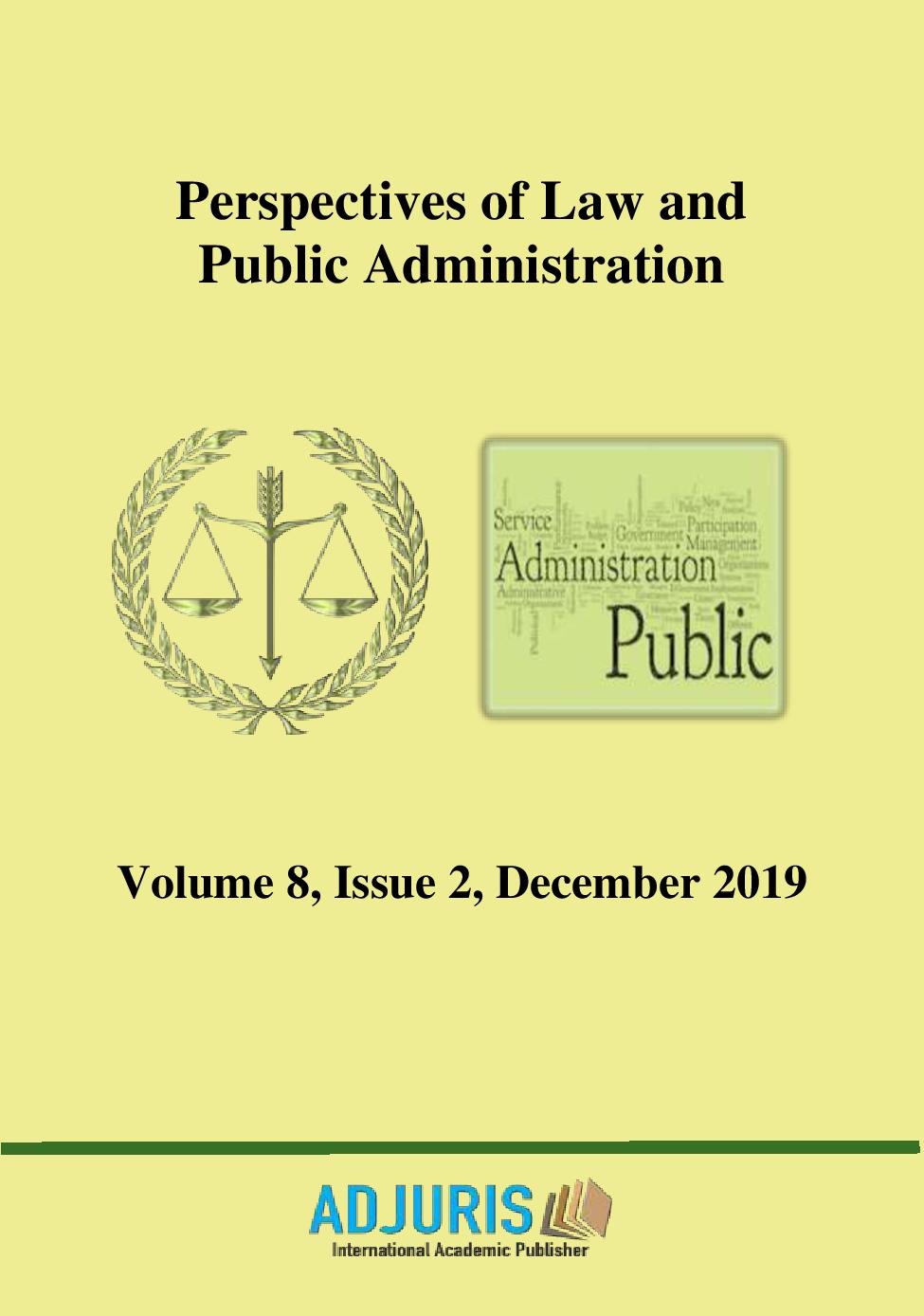INSOLVENCY - EVOLUTIONS AND PERSPECTIVES OF LEGISLATIVE REFORM AT NATIONAL, EUROPEAN AND INTERNATIONAL LEVEL
INSOLVENCY - EVOLUTIONS AND PERSPECTIVES OF LEGISLATIVE REFORM AT NATIONAL, EUROPEAN AND INTERNATIONAL LEVEL
Author(s): Ionel Didea, Diana Maria IlieSubject(s): International Law, Law on Economics, EU-Legislation, Commercial Law
Published by: Societatea de Stiinte Juridice si Administrative
Keywords: insolvency; international perspective; European perspective; a new EU Directive; national legislative reform; INSOL Europe; INSOL International;
Summary/Abstract: At the national level, we can really invoke the passage of a road to maturity of the insolvency legislation, especially the Law no. 85/2014, which was intended to be a legislative reform, with major impact in terms of increasing the percentage of the number of companies that have a second chance, on the one hand, but also on reducing the stigma of insolvency, on the other hand. We wonder if after 5 years of implementation this has been achieved, whether it is a problem of our culture or a problem of certain legislative gaps or administrative impediments. How can we maintain a balance between the culture of a state, which hardly changes over time, and an almost perfect institution, but at the same time difficult to implement? Why is the rate of successful reorganizations still low? When do we manage to have control of a modern insolvency legislation, if we slow down progress or return in time through a simple emergency ordinance, such as the one in 2018? How do we implement at national level the new European Directive, recently entered into force, which aims to develop a “rescue culture” for the insolvent debtor, a direction that at national level we have abandoned? How do we manage to evolve and thus fit into the perspectives for legislation evoked at international level, intensely promoted by UNCITRAL, or at least to maintain the appearance of legislation adapted to the new guidelines inevitably impregnated by globalization? It is interesting to analyze the essence of a critical question in the specialized literature: “Does the imperfection of the legislation generate mistrust or does mistrust generate imperfect results of almost perfect legislation?” It is ultimately a balanced harmonization between culture and legislation, between legislative and administrative, between aspirations and economic, political and social developments, between domestic law and international law, between rights and interests.
Journal: Perspectives of Law and Public Administration
- Issue Year: 8/2019
- Issue No: 2
- Page Range: 230-244
- Page Count: 15
- Language: English

